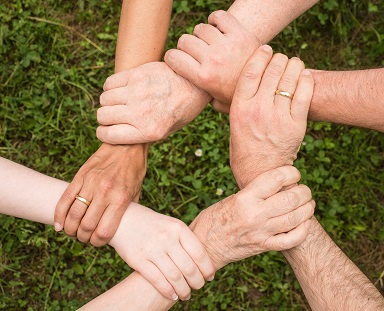Point Of Change Counselling
promoting change that heals
face-to-face, Skype or telephone appointments available

Who we are as adults, is largely determined in the first decade of our lives. The family setting in which we grow up has an enormous impact on how we will approach life in later years. It is not as simple as blaming our parents for our problems, since many of us will spend our first decade in a family which may be biological, adoptive, blended, foster or completely absent. What we all have in common is that we are influenced by the culture, values, and practices of our family of origin.
The legacy of these factors, any of which in itself is potentially damaging, shows up in two main ways.
We can usually spot these if we are aware that we are experiencing recurring patterns of issues such as anger, anxiety, depression or relationship problems. Counselling can help you to identify these beliefs, and what triggers them. With the support of a counsellor you can also learn to trace the source of your unhelpful beliefs, and become familiar with how they specifically affect you.
This leaves significant wounds in our psyche, and we carry that "wounded child", with all its immature responses, into adulthood. This may occur because there was a failure in the parent/child bonding, or because as a child, we were exposed to trauma or abuse (which may have been physical, mental, emotional, sexual or spiritual in nature.) We may have had either one or both parents absent, or have been raised by parents who were highly critical of us, but showed little approval or acceptance. We could have failed to attach because of one or more significant relationship losses. Attachment wounds can also be caused by patterns of betrayal, or by recurrent mistreatment in the context of our relationships. Bullying and peer rejection will also play a part.
Our adult relationships will often reflect the woundedness that we have learnt in our family of origin, and they become the setting in which we try to find healing. In reality, however, we often simply relive the same patterns of brokenness which we experienced as children. We can tell if this is happening if:
While the influence of our family of origin goes beyond this, you may recognise yourself in the patterns described here. If you do, the support of a professional counsellor could be the starting point to moving towards healing.
For help in dealing with issues related to your family of origin, contact Alli at Point Of Change Counselling and make an appointment.